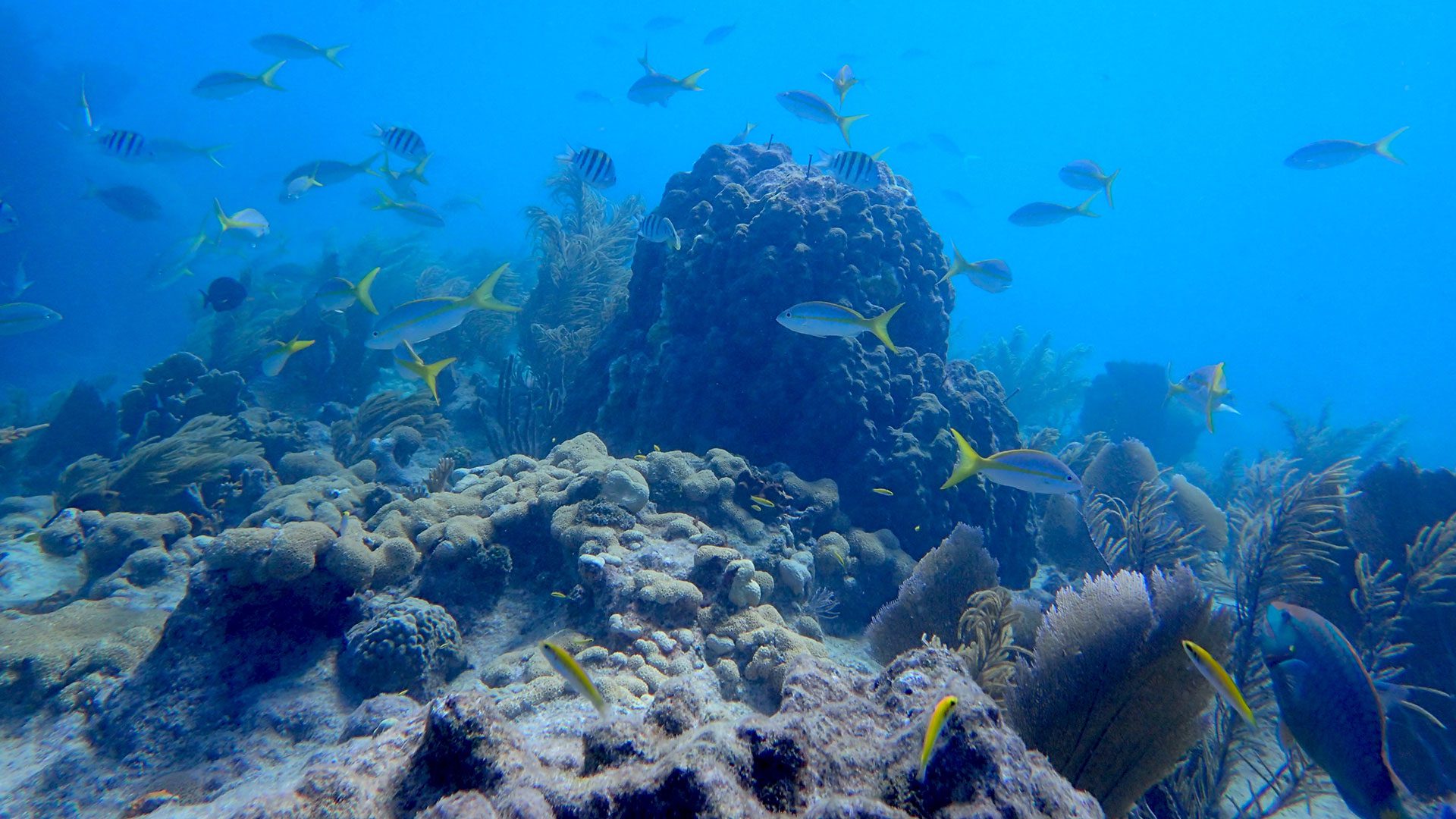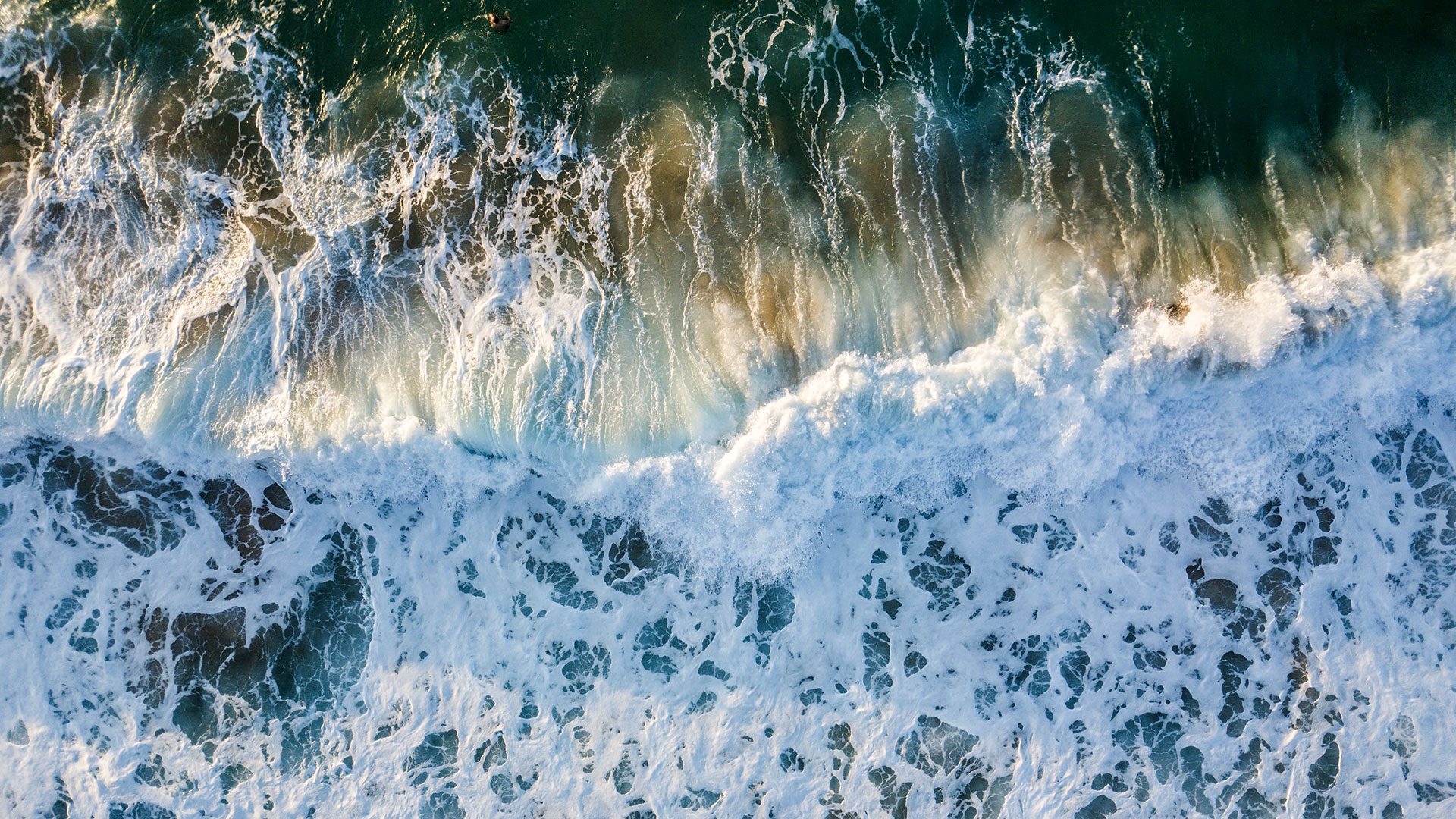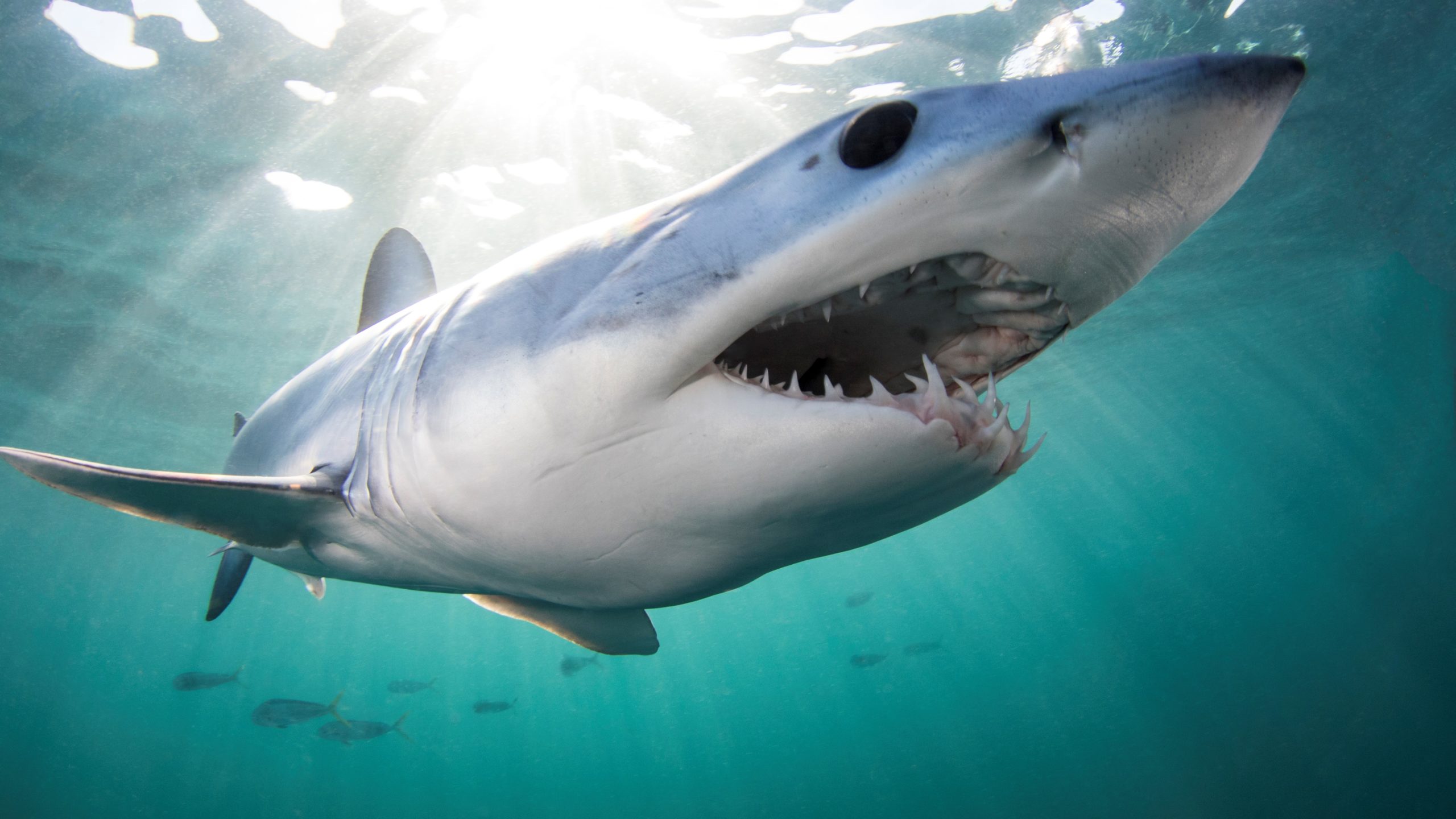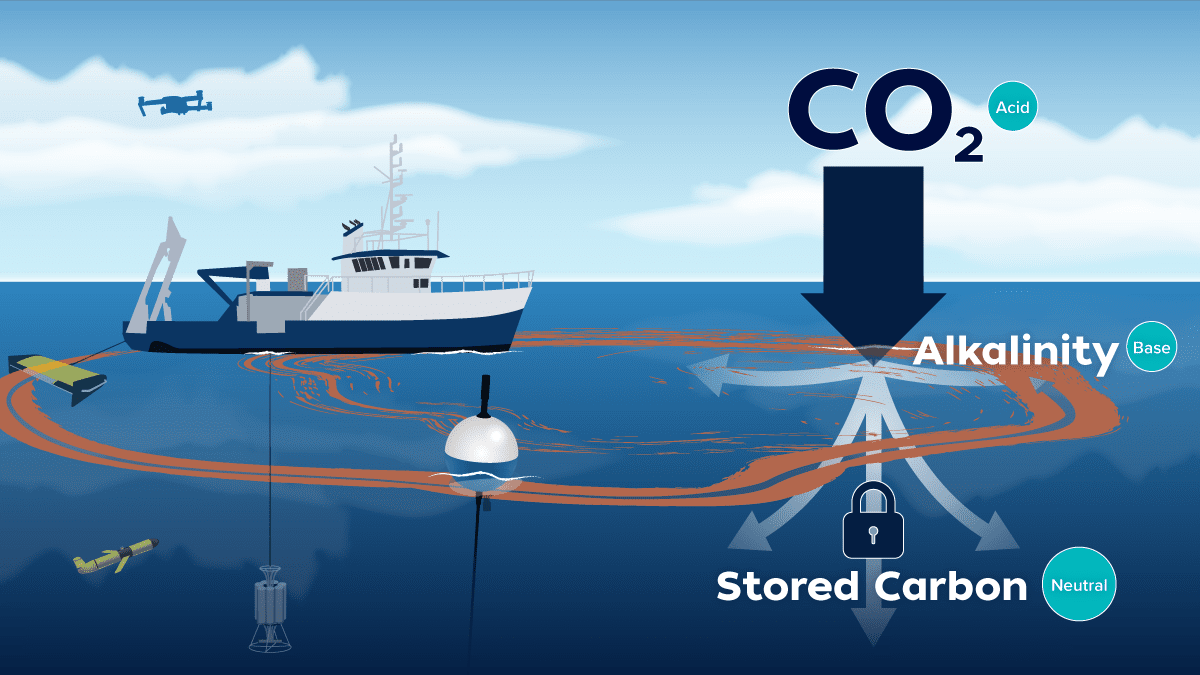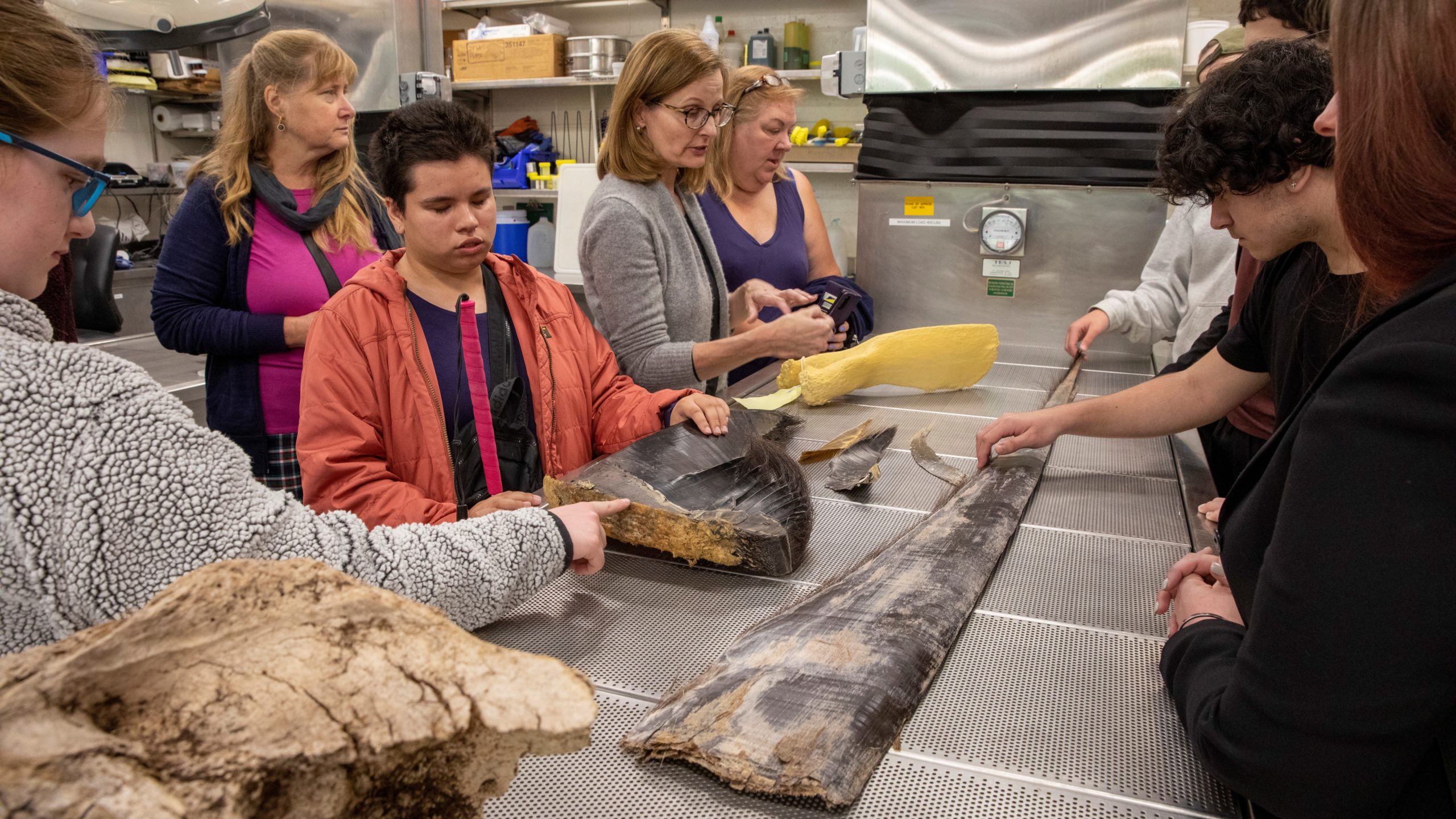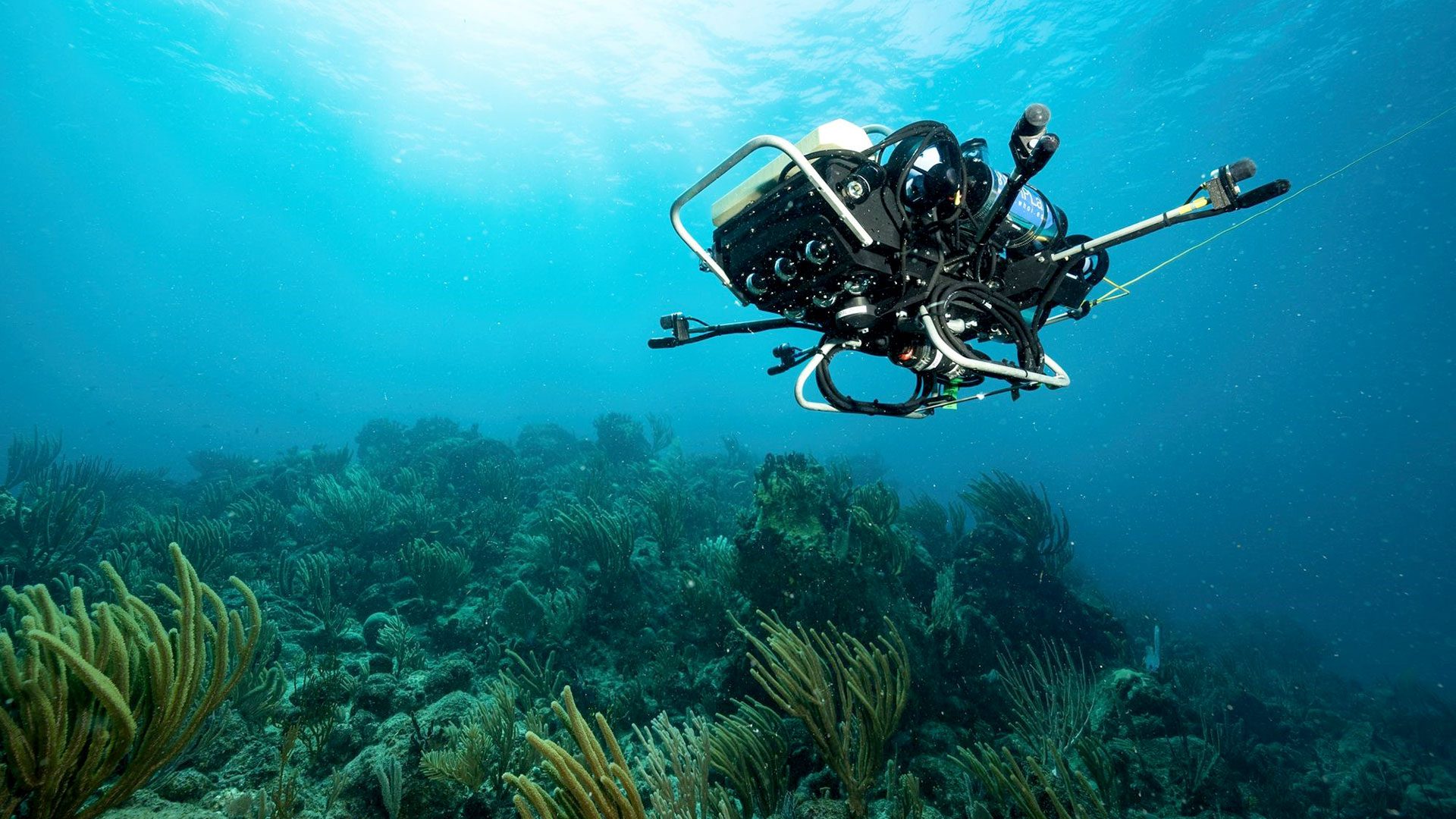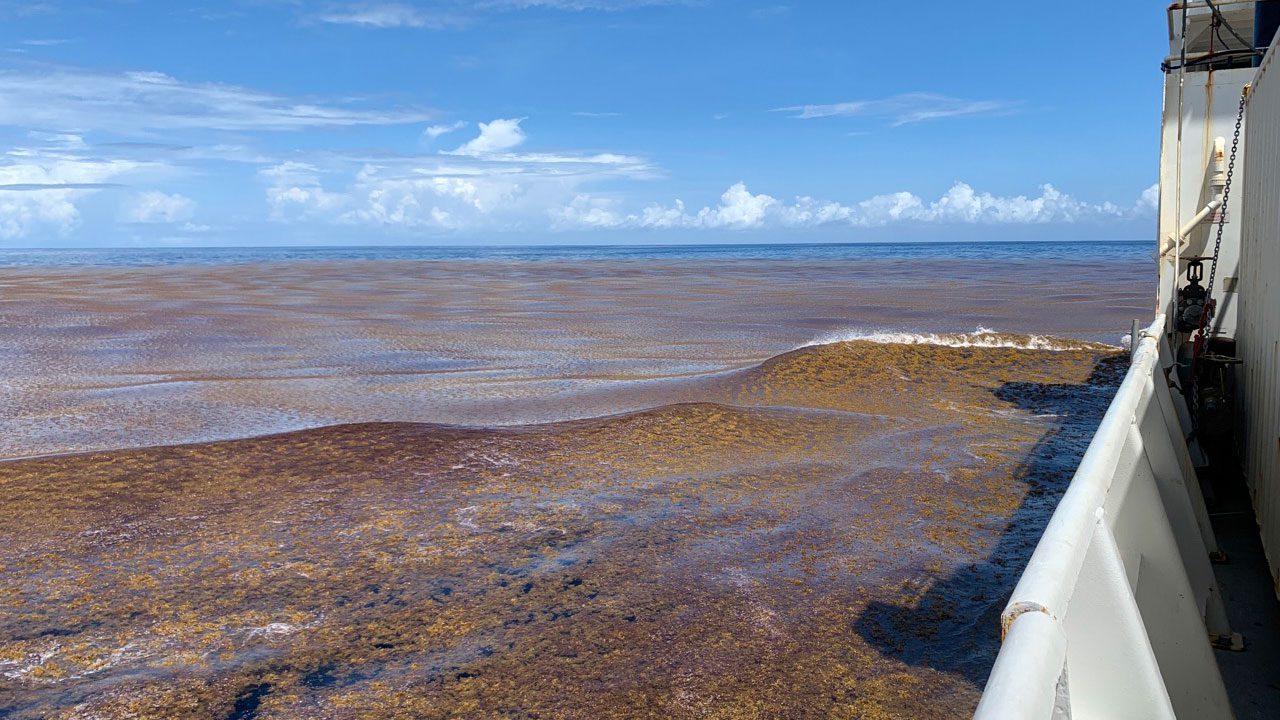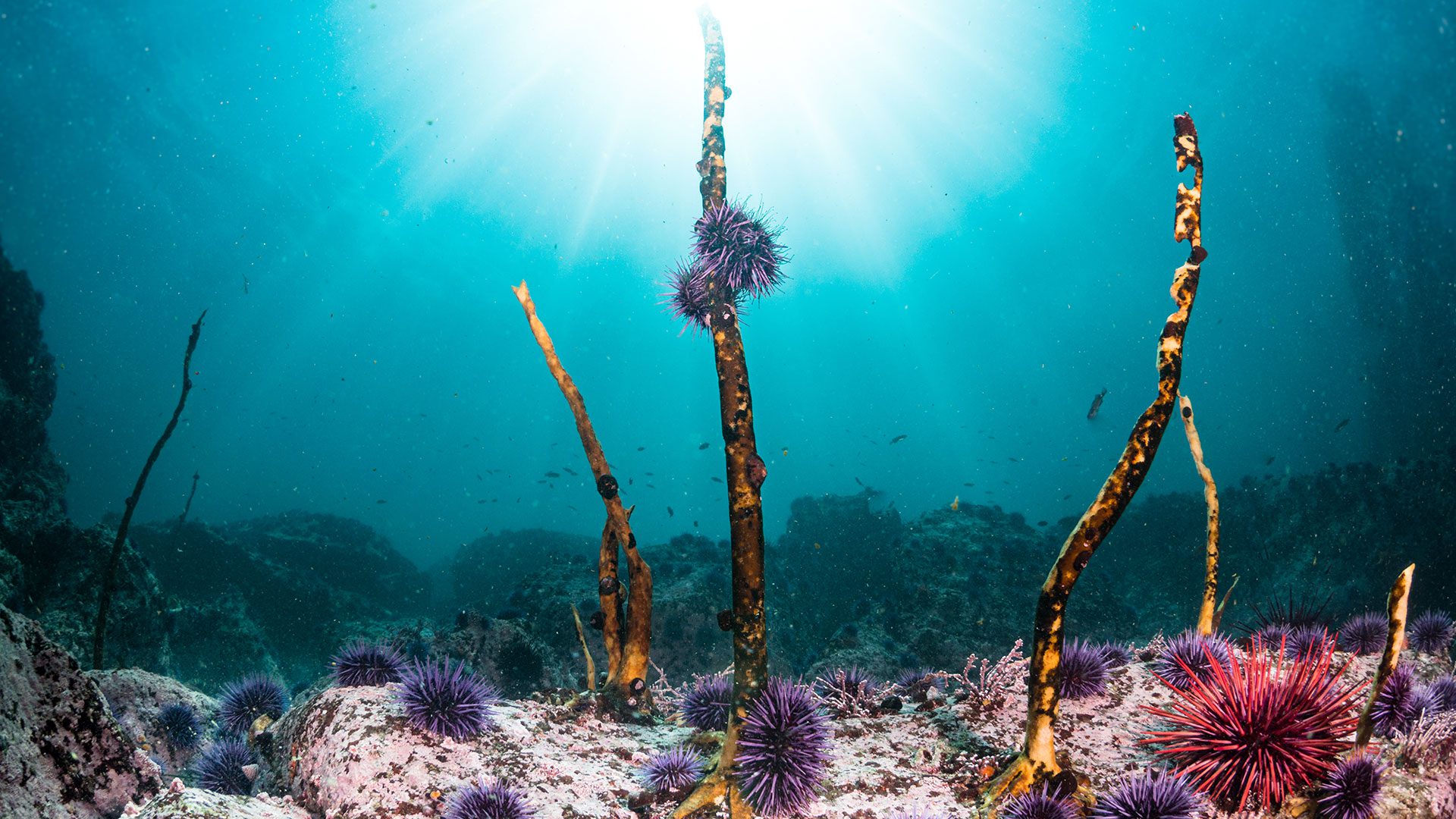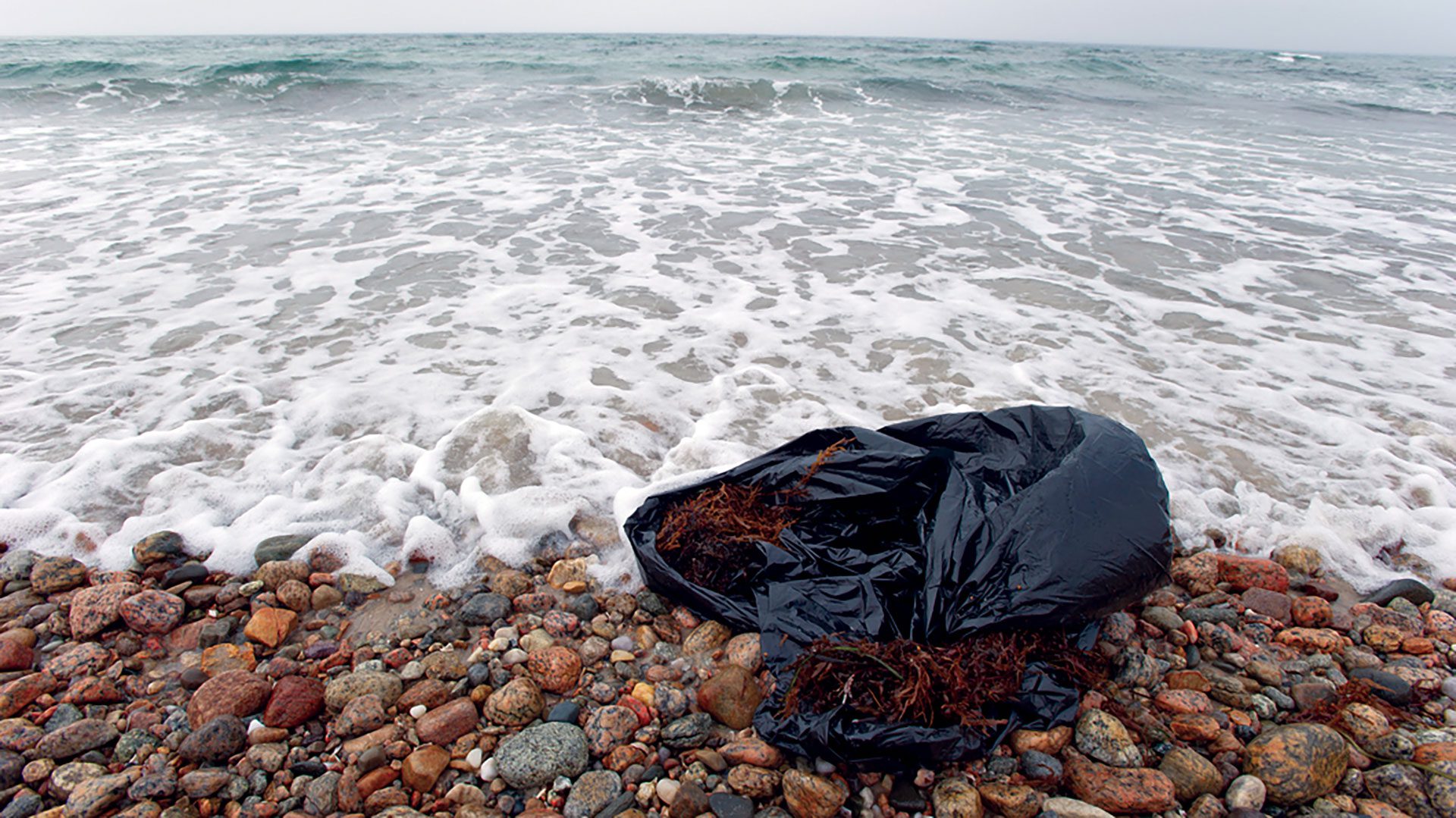News Releases
Innovative Techniques Provide New Means to Monitor Coral Reef Health
These new techniques, which look at microbes and dissolved metabolites of reefs, offer a new means to examine reef features and have broad conservation applications.
Read MoreWHOI Awarded Funding to Support Research and Development of Marine Carbon Dioxide Removal
WHOI researchers are among the 17 projects that have been awarded funding by NOAA’s Ocean Acidification Program on behalf of the National Oceanographic Partnership Program (NOPP).
Read MoreTop Fish Predators Could Suffer Wide Loss of Suitable Habitat by 2100 Due to Climate Change
The impacts of climate change on habitats are already evident Woods Hole, MA — A study of 12 species of highly migratory fish predators—including sharks, tuna, and billfish such as…
Read MoreOcean Alkalinity Enhancement Project Looks at Pulling Carbon Dioxide from the Atmosphere
Woods Hole Oceanographic Institution project is part of the broader carbon to sea initiative
Read MorePerkins School for the Blind visits WHOI
Students in Perkins School for the Blind’s Outreach Program recently spent the day at the Woods Hole Oceanographic Institution, part of an annual program connecting students engaged in STEM learning through sound and touch, with WHOI oceanographers and researchers.
Read MoreToward a New Era of Reef Solutions
WHOI coral reef researchers propose a new technology-centered focus to study and conserve coral reefs
Read MoreThe Great Atlantic Sargassum Belt
Opportunistic sampling shows geographic scope of distribution, offer some of the first sampling opportunities
Read MoreNew study uncovers unprecedented declines in iconic kelp forests along Monterey Peninsula, with glimmers of hope in Oregon and Mexico
Woods Hole Oceanographic Institution part of collaborative team working to save kelp
Read MoreWHOI helps lead groundbreaking study on the human and ocean health impacts of ocean plastics
For the first time, leading researchers from the fields of healthcare, ocean science, and social science have collaborated to quantify plastic’s considerable risks to all life on Earth. The Minderoo-Monaco Commission on Plastics and Human Health report, released today, presents a comprehensive analysis showing plastics as a hazard at every stage of their life cycle.
Read More
